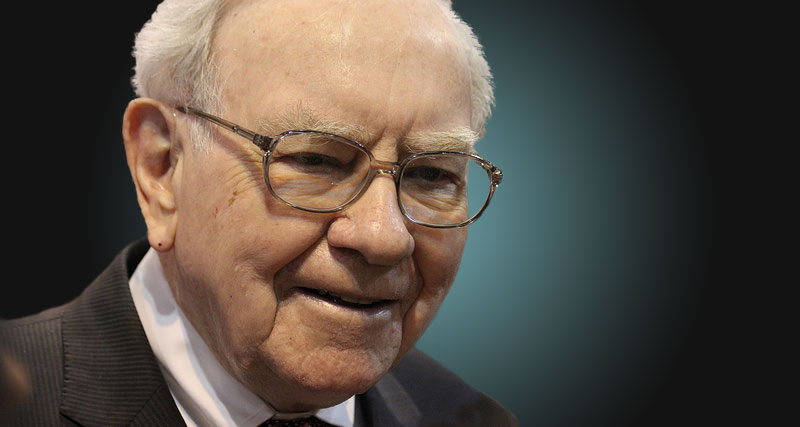Last Friday, shares of Home Capital Group Inc. (TSX:HCG) crossed the $14 mark very briefly as investors digested the news that any further dilution from Warren Buffett’s Berkshire Hathaway Inc. (NYSE:BRK.A)(NYSE:BRK.B) would be unlikely. In the hopes that the company has finally turned the page, investors are returning to the stock as the Oracle of Omaha seems to have made an excellent move yet again.
Prior to the calamity, shares of the alternative lender traded well above $30 per share and paid shareholders quarterly dividends of $0.26 per share, translating to a yield of almost 3.5%. The company not only offered a competitive dividend, but it also retained a high enough proportion of earnings in order to grow the business. Aware of the company’s excellent track record, investors need to ask a very simple question:
What did Warren Buffett know that we didn’t?
Given the track record of one of the world’s best investors, there is no doubt that interest rates played a role in his decision to make an equity investment and provide a credit facility to the company. It’s possible that Mr. Buffett thought that with rising interest rates and tighter mortgage rules, alternative lenders would have a much more important role to play in the market. Canada’s big banks have likely become too diligent with their risk measures. Additionally, as rates rise, the amount of interest income taken in by the lenders will increase as well.
With many restrictions in the United States of how much of a bank any one entity can own before there is the potential for “significant influence,” the investment in Home Capital Group can be seen as play on rising rates.
What could be the catalyst from here?
Given the current interest rate environment, investors have one of two options to reap a large profit from their investments. First, the company could be bought up in its entirety by Berkshire Hathaway, and investors would be taken right out of the picture. Although this may not seem like a high likelihood, the reality is that this is a very real possibility. Currently trading at $14 per share and carrying tangible book value of $21.63 per share, a buyer could still pay a 30% premium and have a significant amount of value left over to realize in the future.
When considering an individual buyer or a group of shareholders, the second potential catalyst does not change. Once the company resumes normal business operations and profitability returns to normal, the fundamentals of the business will eventually take over. As the nature of any mortgage is long term, the “stickiness” of the revenues will not change. If the company could reach a point of achieving 75% of the previous bottom line number, then the price-to-earnings ratio at current levels would be approximately five times.
Given this potential steal, the resurgence of Home Capital Group is not a matter of if, but a matter of when.
 Claim Membership Credit
Claim Membership Credit








